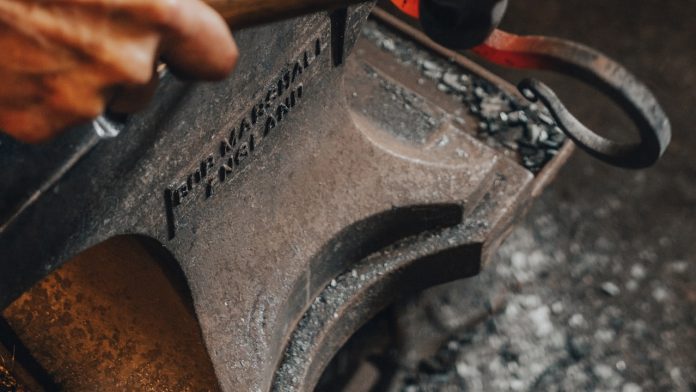In forestry and agricultural operations, mulchers and flail mowers are pivotal in efficiently processing vegetation. The often-overlooked components are the heart of these formidable machines: mulcher teeth and flail mower hammer blades.
What sets these parts apart in terms of durability, strength, and overall performance is the manufacturing process they undergo—forging.
Let’s delve into why forging is an indispensable aspect of crafting mulcher teeth and flail mower hammer blades and how this time-honored technique contributes to the reliability and longevity of these critical components. Let’s gain some knowledge!
Use Of Mulchers And Mowers In Land Clearing
Mulching and land clearing offer multifaceted benefits, enhancing the landscape by promoting soil conservation and preventing erosion. Forestry Mulching and mowing involve equipment like land mulchers, mowers, and stone crushers. To make this equipment work efficiently, wear parts such as mulcher teeth and flail mower hammer blades should be high-quality. During the manufacturing of these wear parts, they should go through the forging process. But why is it so important? Let’s see in the next section.
Importance of Forging For Mulcher Teeth and Flail Mower Hammers Blades
Following are some of the reasons why the process of forging is used for mulcher teeth and flail mower hammer blades:
Strength and Durability
Forging stands as a cornerstone in the production of mulcher teeth and flail mower hammer blades, primarily due to its unparalleled ability to enhance the strength and durability of these components.
Raw materials, typically high-quality steel alloys, are subjected to intense heat and pressure during the forging process. This results in a dense, compact structure with improved grain flow, eliminating weak points or voids that might compromise the integrity of the final product.
Uniform Grain Structure
One of the key advantages of forging in the manufacturing process is the attainment of a uniform grain structure in mulcher teeth and flail mower hammer blades.
Unlike other manufacturing methods, such as casting, where the cooling process can lead to uneven grain distribution, forging ensures a consistent and refined grain structure. This uniformity enhances the mechanical properties of the components, providing a higher resistance to wear, impact, and fatigue.
Precision in Design
Forging enables the creation of mulcher teeth and flail mower hammers with intricate and precise designs. The controlled deformation of the material during the forging process allows for the realization of complex shapes and configurations, meeting the specific requirements of different mulcher and flail mower models.
This precision in design is crucial for optimizing the cutting and shredding capabilities of these components, ensuring efficient and effective vegetation processing in diverse applications.
Enhanced Wear Resistance
Land clearing and agricultural applications expose mulcher teeth and flail mower hammers to relentless wear and tear. Forged components, owing to their superior strength and hardness, exhibit enhanced wear resistance compared to alternatives like cast or machined parts.
The forging process imparts a hard surface layer to the components, effectively minimizing wear and extending the overall lifespan of mulcher teeth and flail mower hammers. This, in turn, translates to reduced downtime and maintenance costs for operators.
Quality Assurance
As a manufacturing method, forging inherently aligns with stringent quality control standards. The controlled and repeatable nature of the forging process ensures that each mulcher tooth and flail mower hammer meets the exact specifications set by manufacturers. This level of quality assurance is paramount in industries where reliability and performance are non-negotiable, providing operators with the confidence that their equipment will deliver consistent results in the field.
Conclusion
In conclusion, the importance of forging in the production of mulcher teeth and flail mower hammers cannot be overstated. This age-old technique not only imparts strength, durability, and wear resistance to these critical components but also allows for precision in design and ensures a level of quality assurance that is indispensable in demanding operational environments. As land clearing and vegetation management continue to evolve, the reliance on forged mulcher teeth and flail mower hammers increases.















